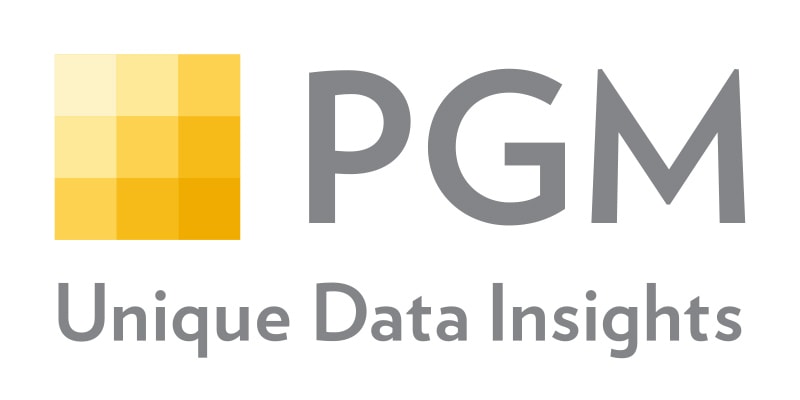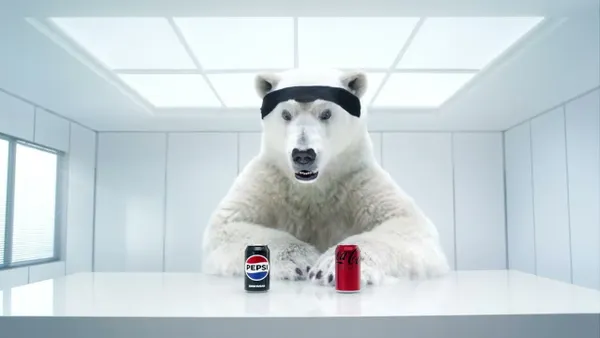Dive Brief:
- Google kicked off its annual Google Marketing Live presentation for marketers today by unveiling a slate of new advertising products and solutions for the year ahead. Many of them were focused on mobile and were presented with consumer privacy in mind. First up at the San Francisco show, which was livestreamed, was a format called Discovery ads that looks to reach users when they're most open to finding new and unexpected products and services.
- The intent-based ads, which appear in a swipeable carousel and are natively rendered, can be served in the YouTube homepage feed, Gmail promotions tab and the Discover section of Google Search. Online fashion subscription brand TechStyle piloted the format, which is now one of its fastest-growing new media channels and generates lower cost-per-leads than social media or search, according to Chief Media Officer Laura Joukovski. Discovery ads will be available to advertisers globally later this year.
- Gallery ads, also rolling out later in 2019, are a new ad product in a photo gallery format that appear in Google Search. When users tap on the ads, a text headline offers more details on the products shown, and marketers can create four to eight images with taglines of up to 70 characters apiece to swipe through. Further tapping on the ads will take users to the brand's site. Sissie Hsiao, Google's VP of product management for mobile app advertising, said that tests of Gallery ads led to 25% more interactions, in terms of either paid clicks or swipes, when placed at the top of the search results page. New Shoppable options for advertisers, including the ability to complete purchases in Google Images, YouTube and a redesigned Google Shopping platform, took up another portion of the show, as covered more extensively by Marketing Dive's sister site Mobile Marketer.
Dive Insight:
New products arriving out of the two-day Google Marketing Live conference signal how the world's largest digital advertising platform is promoting tools like machine learning and its connected suite of popular apps, including search, Gmail and YouTube, to account for growing consumer privacy concerns. Those concerns are creating complex barriers for crucial marketing tactics like ad-targeting and have posed a broader existential threat to the health of the ad-supported internet — a crisis repeatedly touched on at the show.
"Increasingly, there are users who feel shortchanged in this deal," Chetna Bindra, senior product manager at Google, told a live audience of thousands of marketers during the Ads Innovation Keynote. "They are losing trust in how their personal data is being handled."
Many of the innovations on display for the first stretch of Google Marketing Live on Tuesday touted machine learning as a means to make the most out of the amount of data available to marketers, including by helping to contextualize where ads are served online and by automatically generating ad creative from existing assets. The focus on machine learning for campaign automation recognized that marketers' new data pools will shrink as users wrest more control over their personal information. Google is supporting those efforts by building out more tools to accommodate privacy protections, a topic that took center stage at the company's I/O conference last week. Google Marketing Live ultimately helped to highlight the odd place the Alphabet-owned platform finds itself in as it needs to retain user trust but also win over more ad dollars as revenue growth continues to slow.
One of the ways Google is looking to make marketers jobs' easier is by streamlining its ad offerings across channels. That includes making the mobile web and mobile app experiences more seamless through the ability to deep link and report on campaigns between the two channels, a capability that will be made available in the coming months, according to Hsiao. For marketers, deep linking with Google Ads could be appealing because it means loyal customers who have delicate information, like credit card numbers, stored in branded apps won't have to reenter that information when switching to the mobile web. The Brazilian retailer Magalu implemented Google Ads' deep linking and experienced a 40% lift in overall mobile transactions, Hsiao said.
And while Google's vision for data collection is in many ways narrowing as privacy regulations loom large on the horizon, the company is also quickly expanding efforts in areas such as e-commerce — part of a mounting war with Amazon — and localization following early successes. To promote its modernized retail locations and new menu offerings like espresso, the restaurant chain Dunkin' drove a four times increase in monthly visits by tapping into Google's local campaign tools, Oliver Heckmann, VP of engineering for shopping and travel at Google, said. Google will expand its local campaign launchers to all advertisers and also add Promoted Pins, which have previously been limited to appearing when users are searching or exploring in Google Maps, to route-planning and navigation in the app, Heckmann said.
Hanging over the barrage of Google news — which additionally touched on new measurement capabilities, campaign bidding offerings around factors like seasonality and an expanded suite of management tools for channels like connected and linear TV — was the repeated theme of respecting the consumer to restore a level of trust that has degraded in recent years. On that front, Bindra offered three pieces of parting wisdom for marketers: being clear about what data is collected from consumers and why; searching for ways to foster more direct relationships with customers; and respecting users' preferences when deciding what ads to target at them.
"The fundamental goals of marketing have not changed, but now more than ever you must honor someone's preference for privacy to achieve those goals," Bindra said.













